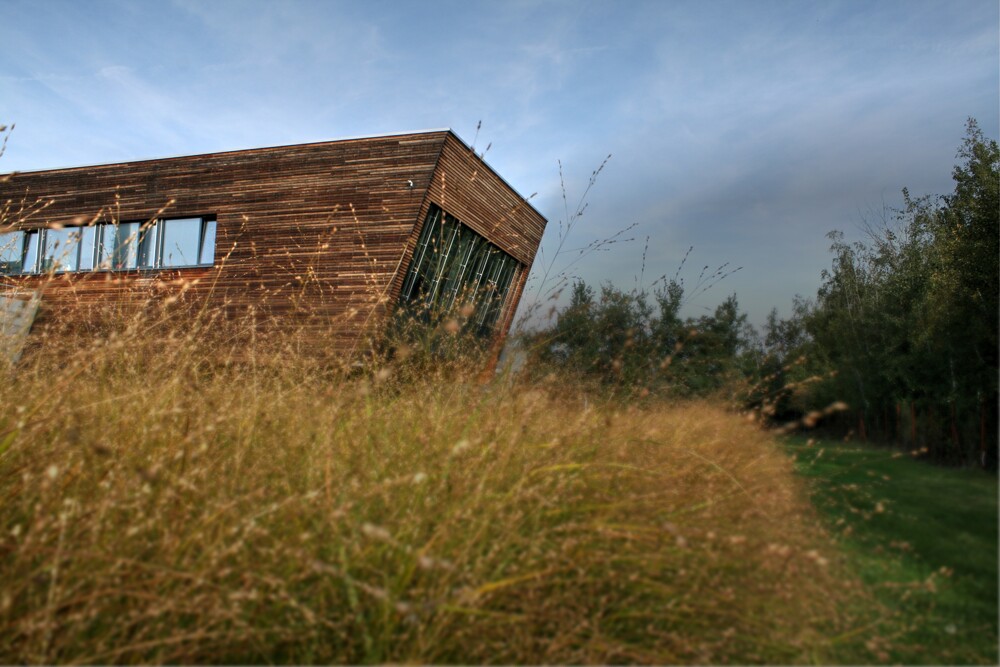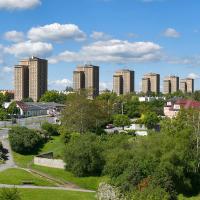

The CTU University Centre for Energy Efficient Buildings presented the conclusions of a preliminary feasibility study of an energy-plus district in Kladno. Two main and complementary alternatives have been proposed. The project will run for another two and three quarters of a year, and in the next phase a more detailed preparation of the selected variant will take place.
Teams Energetické systémy budov, Fotovoltaické systémy, Laboratoř udržitelné výstavby participated in the preparation of the preliminary feasibility study of the positive energy district (PED) in Kladno within the SPARCS project. and Participativní plánování a design CTU UCEEB. Two main complementary alternatives were proposed: "PED 1 with a core around the Winter Stadium" using waste heat and "PED 2 with a core in the water park facilities" with gas cogeneration and the possibility of use for flexibility services.
We have presented an economic model that can be modified according to the requirements of the main stakeholders and calculate the return of individual variants for each of the organizations. All PED alternatives are economically feasible under the given conditions. PED is considered in parallel with possible supply from the central heat supply network (CZT), at the same time it is an opportunity to try out new business models in the chosen location.
"If Kladno manages to fulfill even a part of the proposed measures, it will be a groundbreaking project in the Czech Republic. We would very much like to see this ambition come true right here in Kladno, which, together with Prague, is our biggest and closest neighbor and collaborator. Thanks to the very good ability of the Kladno project management to obtain interesting subsidy support finance for the project, we believe more and more," comments Michal Kuzmič, SPARCS coordinator for ČVUT UCEEB. "We already have pre-selected locations for other plus neighborhoods throughout the city," he adds.
More information about the SPARCS project can be found on the website https://sparcs.info/
The SPARCS project received financial support from the European Union's Horizon 2020 research and innovation program under grant agreement No. 864242.

Positive Energy Districts (PED): Positive